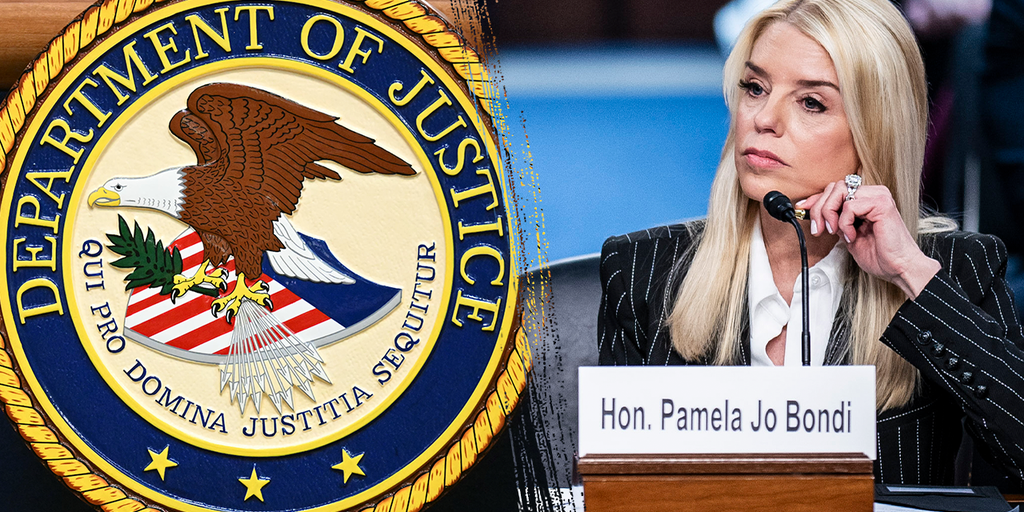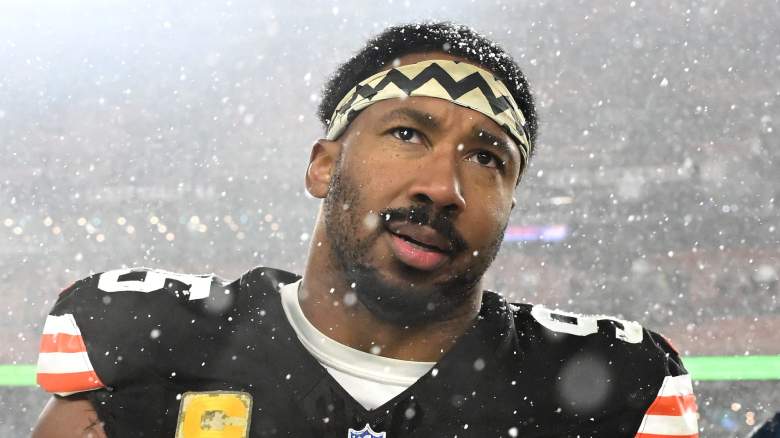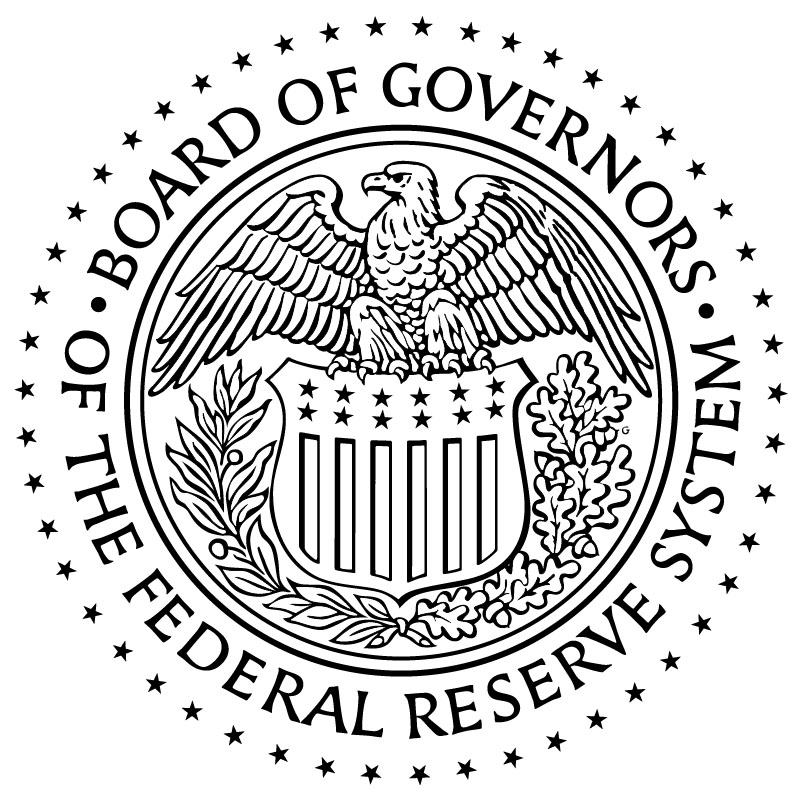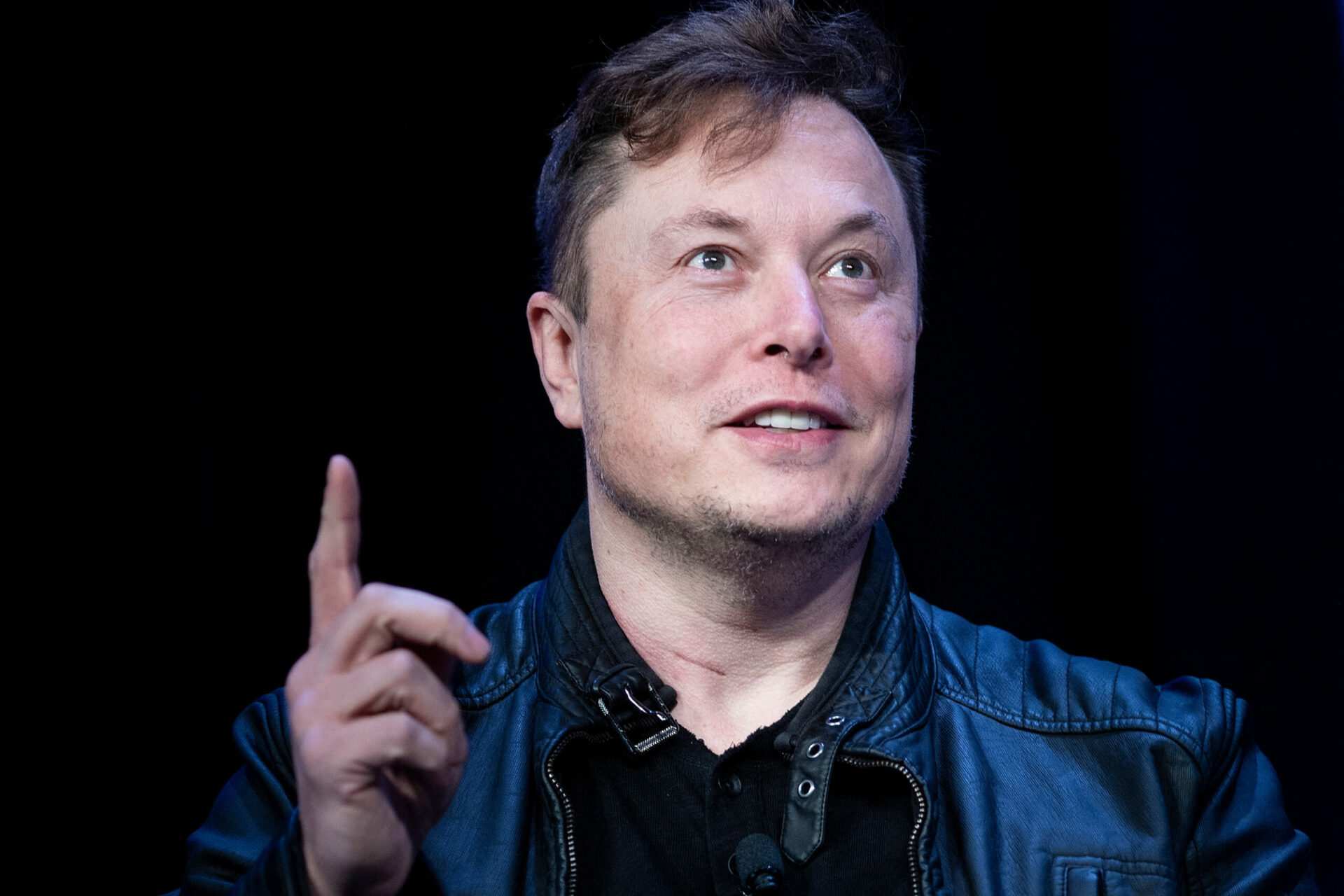Trump Signs Executive Order for US Sovereign Wealth Fund Development

President Trump signed an executive order to establish a U.S. sovereign wealth fund aimed at diversifying investments and managing government-owned assets, highlighting a potential affiliation with TikTok.
President Donald Trump on Monday signed an executive order directing officials to develop a plan for the creation of a U.S. sovereign wealth fund.
As he signed the order, Trump told reporters that such a fund could include a deal with TikTok, the embattled Chinese social media app.
"I think in a short period of time, we'd have one of the biggest funds," Trump said during the signing ceremony, noting that some countries such as Saudi Arabia have large funds but saying that the United States could eventually catch up. Saudi Arabia's Public Investment Fund is worth about $925 billion.
A sovereign wealth fund is an investment fund owned and operated by a government. There are hundreds worldwide, according to data platform Global SWF.
Mark Crosby, director of Monash University's Bachelor of International Business Program, said sovereign wealth funds can be used to diversify a country's economy, making them useful for nations with a reliance on a particular revenue stream such as oil proceeds.
He said that successful funds are typically created by countries when they have little to no debt. The United States does not fall into that category - its debt is about $36 trillion. "For a country that has a lot of debt, like the United States, it doesn't make that much sense," Crosby said.
But the idea of a sovereign wealth fund has recently seen bipartisan support in the United States - both Trump and the Biden administration last year said they were working on proposals to establish one.
Sovereign wealth funds have been used for a huge variety of investments, such as Qatar purchasing the U.K. department store Harrods in 2010; Norway last year using its shareholder status in Tesla to vote against a $50 billion pay package for Elon Musk; and China's largest fund helping pay for the nation's Belt and Road Initiative for foreign infrastructure projects.
The largest funds are often owned by governments that directly profit from their country's natural resources. Norway's is the world's biggest, according to Global SWF, with more than $1.7 trillion in assets, driven by revenue from the country's offshore oil fields. Oil-rich Gulf States such as the United Arab Emirates, Kuwait and Saudi Arabia also feature prominently in the top funds.
But funds can be injected with any government-owned assets. The world's second-biggest sovereign wealth fund, the China Investment Corporation, oversees some of China's foreign exchange holdings. Singapore's fund, the seventh-biggest, manages most of its government's financial assets, generated through sources including budget surpluses and land sales.
In the United States, 23 states maintain funds that control more than $300 billion in assets, the White House said. The largest is the $80 billion Alaska Permanent Fund Corporation, funded by a portion of the state's oil wealth, which pays an annual dividend to residents.
Trump's executive order directs Treasury Secretary Scott Bessent and Commerce Secretary-designate Howard Lutnick to formulate a plan for the creation of such a fund within three months. The American government holds assets worth $5.7 trillion, the White House said, which a sovereign wealth fund could invest for long-term wealth generation.
Bessent said that the administration planned to stand up the fund "within the next 12 months" and that it would "monetize the assets side of the U.S. balance sheet for the American people."
Trump said in the Oval Office that TikTok was an example of what the United States could put in a government-owned investment fund. "We might put that in the sovereign wealth fund," he said, without offering specifics. In January, as he signed an executive order to pursue a resolution of the ban on TikTok, he had suggested a joint venture between the United States and the app's owners.
Norway's Government Pension Fund Global, valued at over $1.7 trillion, is the world's leading example of a successful sovereign wealth fund. Established in the 1990s following the discovery of oil in the North Sea, the fund has grown to an immense scale. It owns nearly 1.5 percent of global publicly traded stocks, including stakes in American giants like Apple and Microsoft. It owns 910 properties across many of the world's leading cities, including San Francisco and London. To safeguard its long-term value, the government is permitted to spend only the fund's estimated real return, around 3 percent.
China, Saudi Arabia, Singapore and Kuwait own some of the other major sovereign wealth funds in the world. And smaller countries such as East Timor also manage such funds.
But not all sovereign wealth funds have thrived. The disappearance of billions of dollars from Malaysia's sovereign wealth fund, 1Malaysia Development Berhad, or 1MDB, toppled the government of Prime Minister Najib Razak, who was sentenced to 12 years in prison.
High-ranking officials of 1MDB and their associates were accused of misappropriating at least $4.5 billion from the fund, the U.S. Department of Justice said. Part of the stolen money was used to purchase yachts and luxury homes, according to the prosecutors.



















